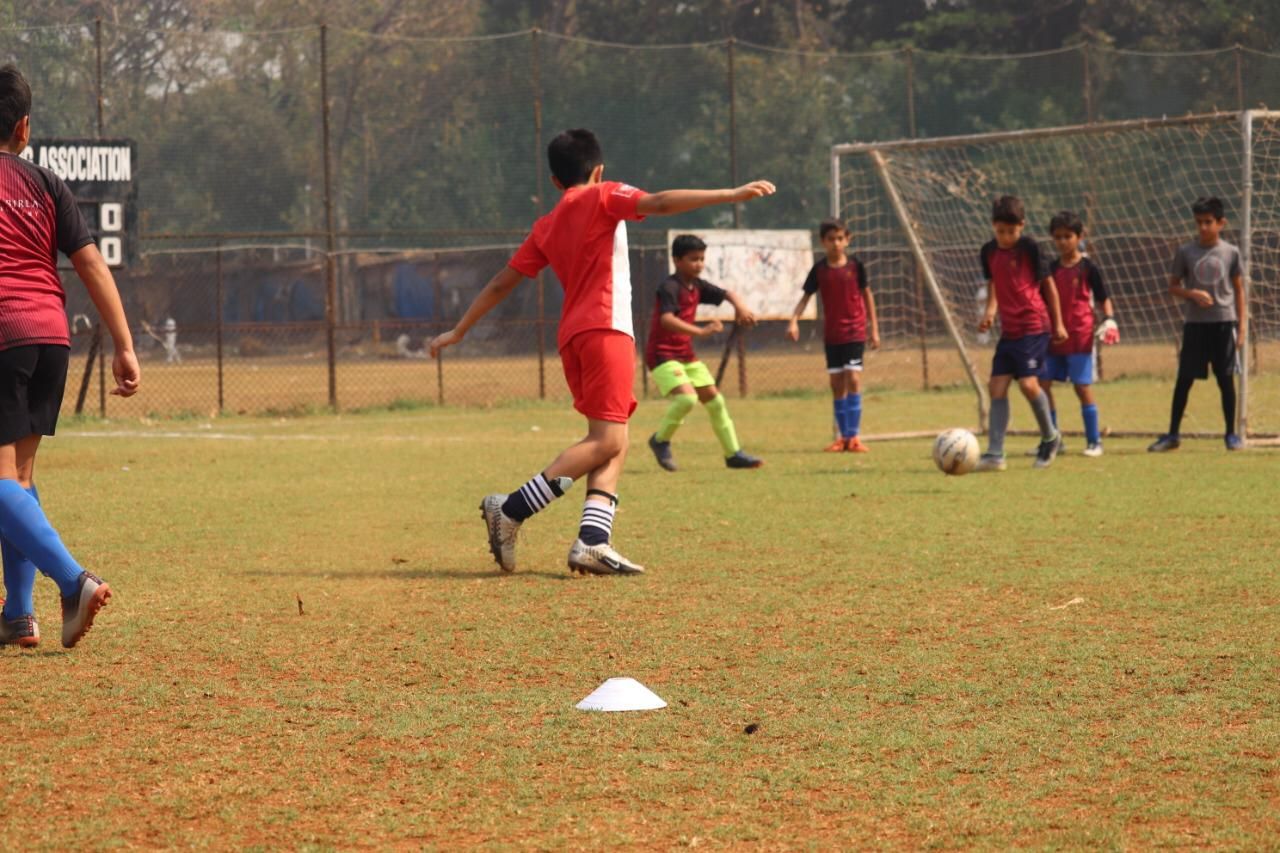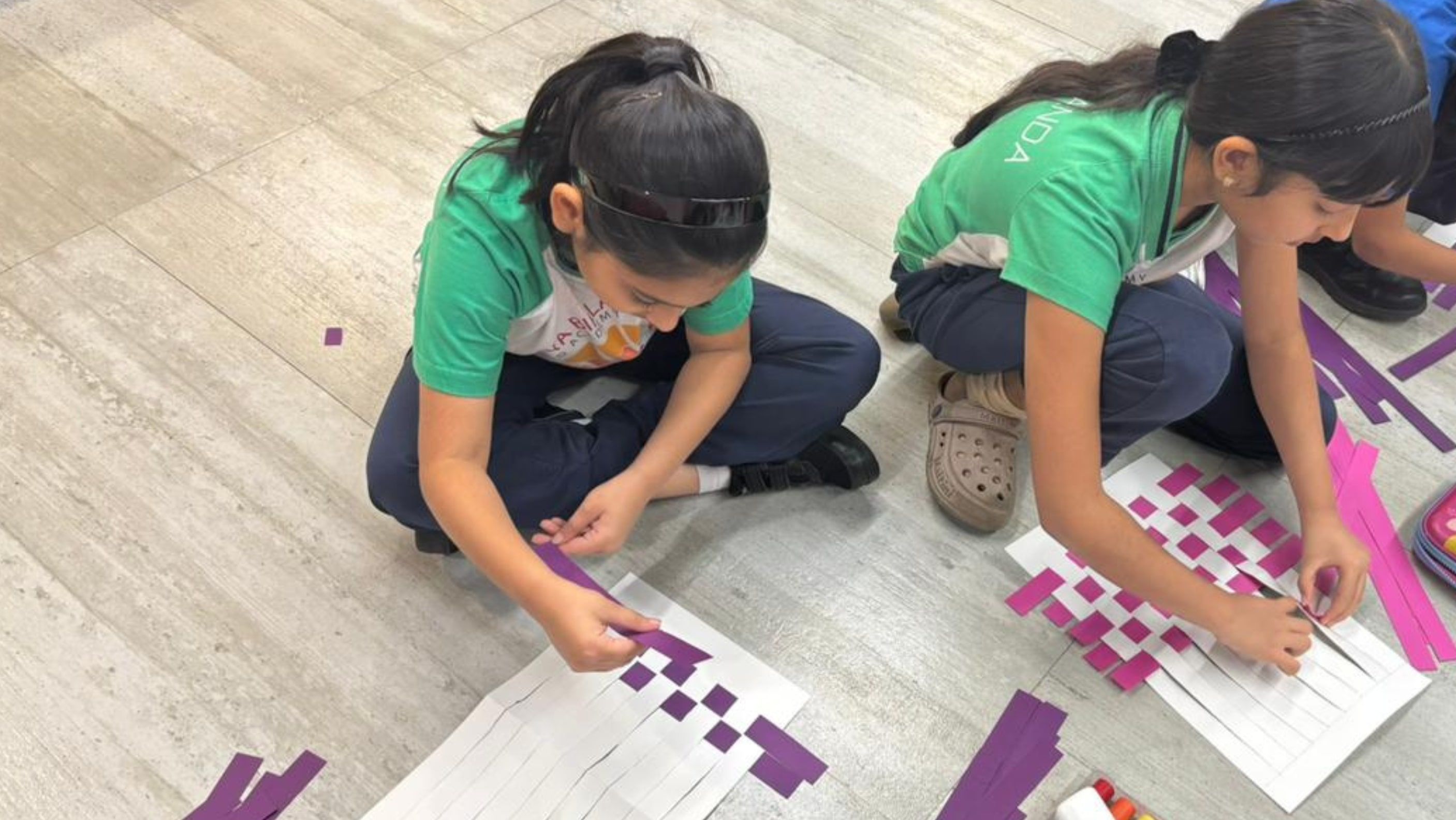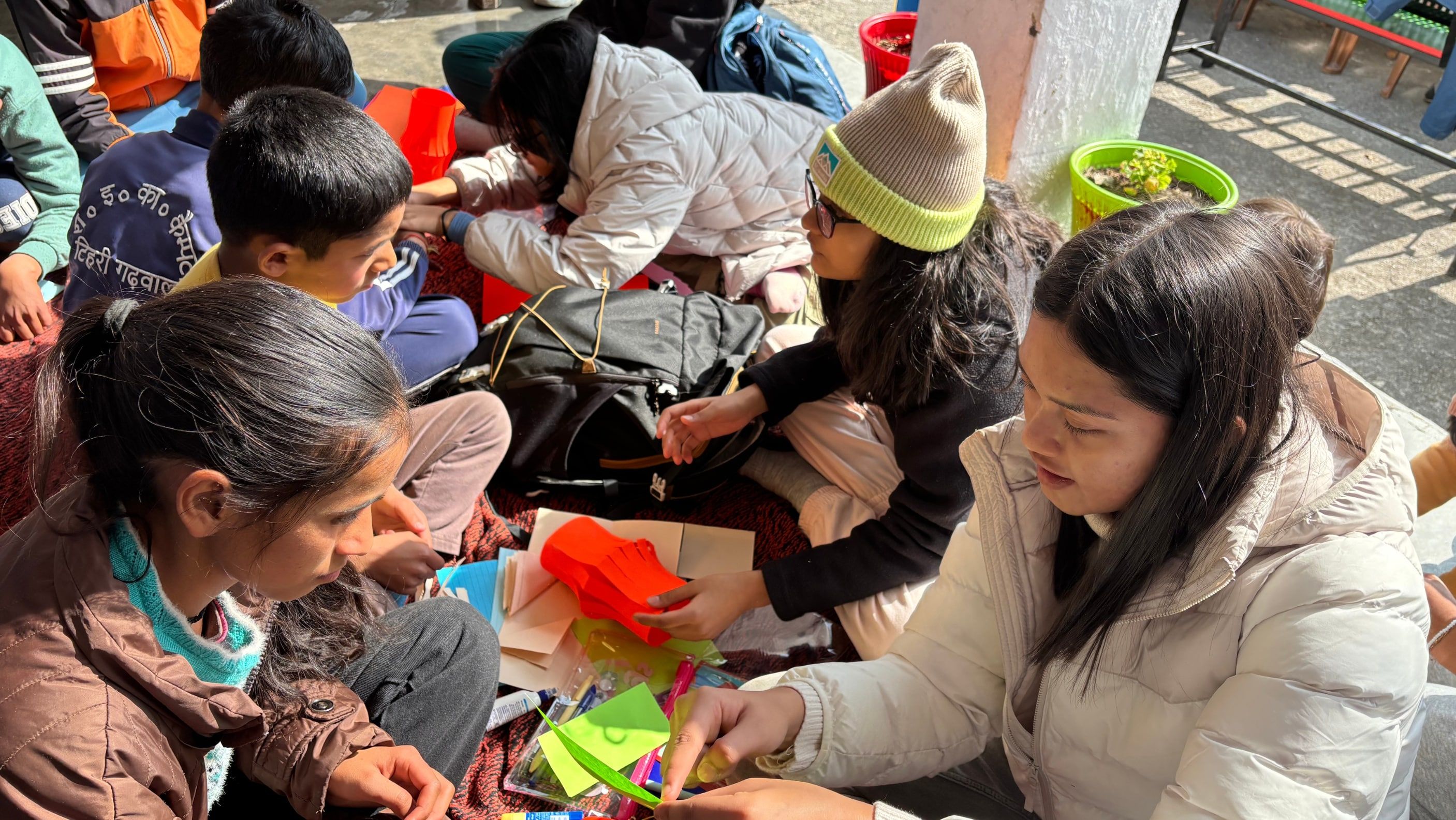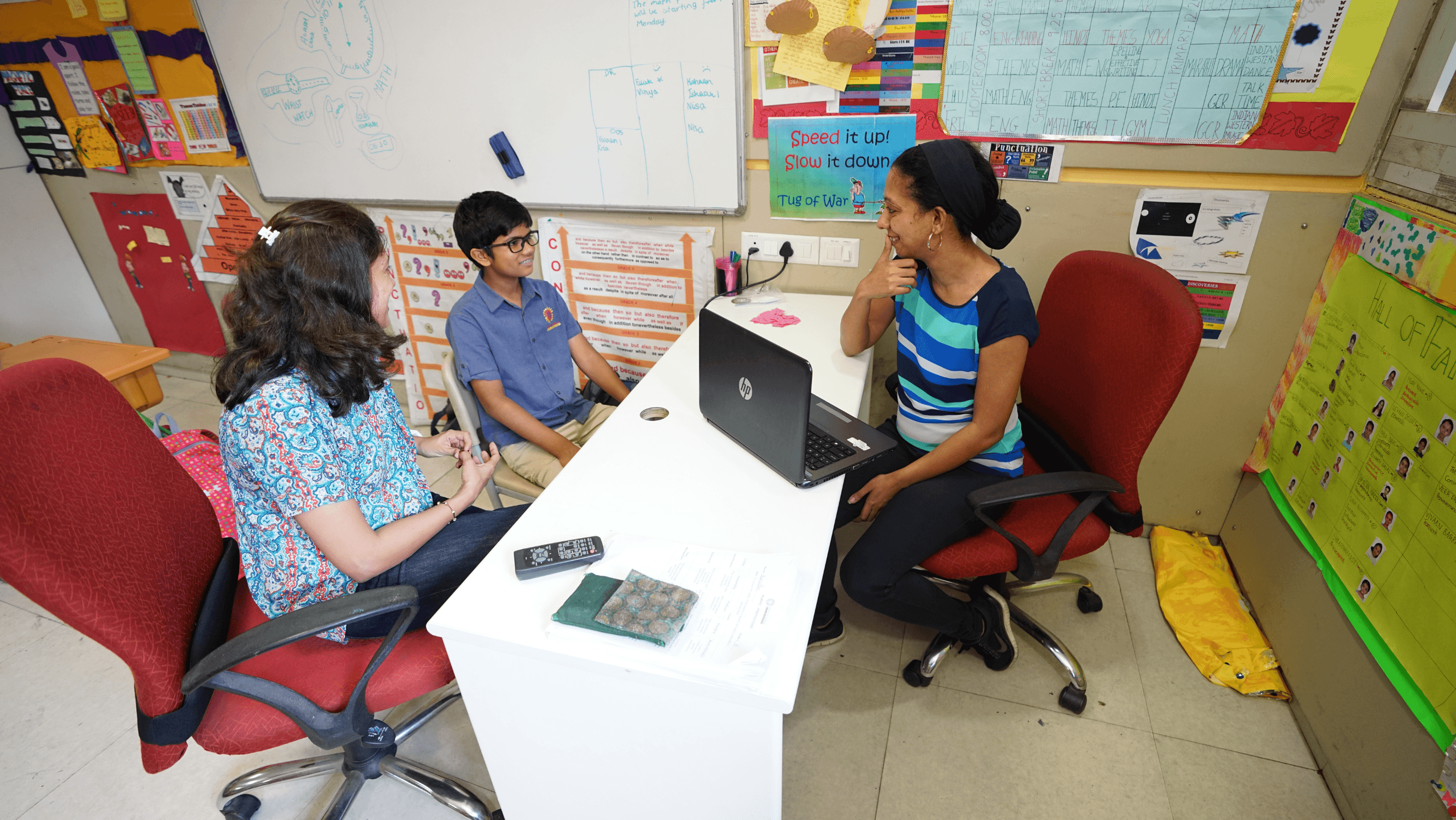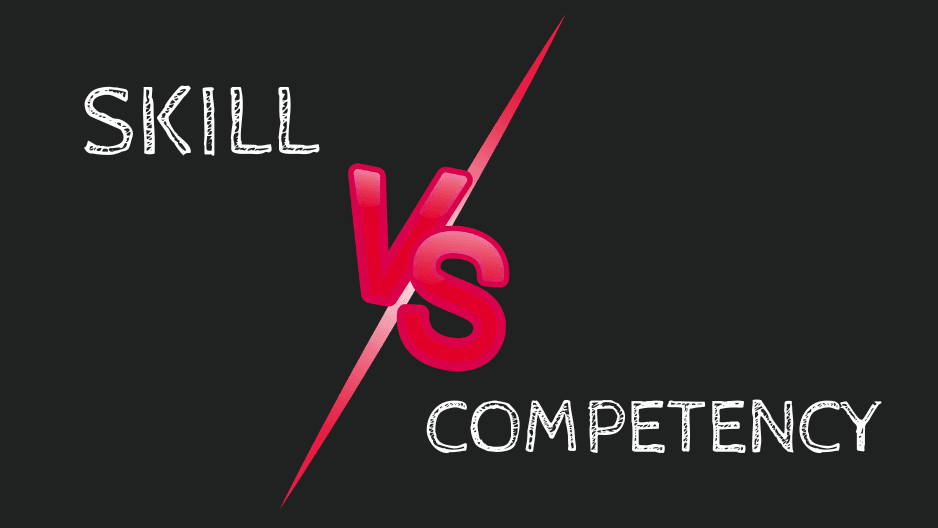In an era where environmental concerns and social equity are at the forefront of global discourse, businesses are re-evaluating their strategies and operations to align with these critical values.
This shift is not merely a trend but a fundamental change in how companies view their role in society. As a leading international school in Mumbai, we recognize the importance of preparing our students to be the catalysts of this transformation.
Our focus extends beyond the theoretical understanding of these concepts. We aim to instill in our students, the future business leaders, a profound sense of responsibility and the skills necessary to drive sustainable and ethical practices in their professional endeavors.
This blog post will explore the evolving landscape of CSR and sustainability in business, highlighting the challenges, opportunities, and influential role that business students can play in fostering responsible corporate practices.
Join us at the best international school in Mumbai, on this enlightening journey as we dissect how the principles of CSR and sustainability are becoming integral to the business ethos and how our students are being equipped to lead this change.
The Evolution of CSR from Optional to Essential
There was a time when CSR was perceived as a peripheral activity, a voluntary gesture by companies to contribute to social causes. This era viewed CSR and sustainability as a discretionary choice for corporate image rather than as a business responsibility.
However, this perspective has undergone a revolutionary change over the years. Today, CSR is not just a choice but a critical component of a business's operational ethos.
This shift from 'optional' to 'essential' is driven by a growing recognition of the interconnectedness between business success and societal well-being.
Stakeholders, including consumers, employees, and investors, are increasingly holding companies accountable for their social and environmental impacts. This accountability calls for a proactive approach towards sustainable practices.
Moreover, the integration of CSR into core business strategies is proving to be beneficial not just for society, but for the businesses themselves. Companies embracing CSR and sustainability are witnessing enhanced brand reputation and increased customer loyalty.
In many cases, they also get a more motivated and engaged workforce. This evolution signifies a broader understanding that long-term business success is deeply linked to sustainable and responsible corporate practices.
The Rise of Green Business: Understanding Sustainability in Today's Corporate World
The concept of 'green business' has gained unprecedented momentum in recent years, revolutionizing the way companies operate. At its core, green business is an approach that focuses on minimizing environmental impact while maximizing resource efficiency.
This shift towards sustainability is not just an ethical choice but a strategic one, as businesses realize its long-term benefits. Companies now recognise that their environmental footprint directly influences their brand image, customer loyalty, and market position.
Contemporary enterprises are increasingly incorporating sustainable practices in their operations, from utilizing renewable energy sources to adopting waste reduction techniques.
This transition is driven by a growing awareness of environmental issues and the realization that sustainable business practices are crucial for long-term profitability and risk management.
Furthermore, the rise of green business is reshaping consumer behavior. Consumers are more informed and conscious about the environmental impact of their purchases.
This consumer shift is a powerful driver for businesses to adopt greener practices. It leads them to favor companies with strong sustainability credentials.
The Role of Business Students in Promoting Sustainable and Ethical Practices
Business students, especially those from the best international school in Mumbai, play a pivotal role in shaping the future of sustainable and ethical business practices.
Educational Foundation
Business students receive an education that emphasizes the importance of corporate social responsibility and sustainability. This foundation equips them with the knowledge and skills to implement these concepts in real-world scenarios.
Innovation and Creativity
These students are often at the forefront of innovation, developing new, sustainable business models and practices that prioritize environmental stewardship and social responsibility.
Leadership in Sustainability
By becoming future leaders, business students can influence organizations to adopt sustainable practices, making corporate social responsibility a core part of business strategy.
Advocacy and Awareness
Students can act as advocates for sustainability, raising awareness about environmental issues and the importance of ethical business practices both within their institutions and in the broader community.
Research and Development
Engaging in research projects or internships focused on sustainability helps students contribute to the development of new technologies and strategies that can make businesses more environmentally friendly and socially responsible.
Networking for Change
By forming networks with like-minded professionals and organizations, students can promote a culture of corporate social responsibility and sustainability in the business world.
Ethical Decision-Making
Business students are trained to make decisions not just based on financial outcomes but also considering ethical implications, leading to more socially responsible and sustainable business choices.
Challenges and Opportunities in Implementing CSR Initiatives
While the path to implementing effective CSR initiatives is fraught with challenges, it also presents numerous opportunities for organizations to innovate, enhance their brand, engage employees, and contribute positively to society and the environment.
Challenges:
- Financial Constraints: Initial investment and ongoing costs can be significant, especially for smaller companies, making it challenging to allocate resources for CSR initiatives.
- Measuring Impact: Quantifying the social and environmental impact of CSR activities is complex, leading to difficulties in demonstrating tangible benefits to stakeholders.
- Balancing Stakeholder Interests: Aligning CSR initiatives with the interests of various stakeholders (investors, customers, employees, etc.) can be challenging, as different groups have different expectations.
- Regulatory Compliance: Navigating the ever-changing legal landscape related to environmental and social governance can be complex and resource-intensive in businesses.
- Cultural Barriers: Implementing global CSR standards in different cultural contexts requires sensitivity and adaptability, which can be challenging for multinational corporations.
Opportunities:
- Brand Enhancement: Effective CSR initiatives can significantly improve a company's brand reputation and customer loyalty.
- Innovation: CSR challenges can drive innovation, leading to the development of new, sustainable products and services.
- Employee Engagement: Employees often feel more engaged and motivated when working for socially responsible companies.
- Long-Term Savings: Sustainable practices, though initially costly, can lead to long-term cost savings (e.g., energy efficiency).
- Market Opportunities: There is a growing market for sustainable and ethical products, offering new business opportunities.
- Partnerships and Collaboration: CSR initiatives open avenues for collaborations with NGOs, governments, and other organizations, enhancing impact and reach.
Teaching kids how to effectively manage their time is not just a skill but a gift that sets the foundation for a lifetime of success. In a world where schedules are packed and distractions abound, it’s not just about clocking hours; it’s about making each moment count.
This blog aims to equip parents and educators with practical tips and strategies to instill these vital skills in their children and empower young ones with the ability to turn time into their ally.
From setting achievable goals to understanding the importance of breaks, we will explore how time management can be both a discipline and an art for the students of Aditya Birla World Academy, a leading international school in Mumbai.
Setting Goals and Deadlines Through A Kid-Friendly Approach
At Aditya Birla World Academy, we emphasize the importance of nurturing time management skills for students from an early age. A cornerstone of this approach involves teaching kids about setting goals and deadlines in a way that resonates with them.
To make time management for kids effective and engaging, we encourage parents and educators to start with simple, attainable goals. This could be as straightforward as completing a small homework assignment or tidying up a play area within a set time.
The key is to illustrate the value of making good use of time in a fun and age-appropriate manner. For instance, using colorful timers or creating visual goal charts can make the process more exciting for children.
As they achieve these mini-goals, they experience a sense of accomplishment, which naturally motivates them to manage their time better.
By gradually increasing the complexity of the tasks and extending the deadlines, children steadily build and refine their time management skills. This helps in setting a strong foundation for their future academic and personal endeavours.
Time Management Tips for Different Ages
Time management is a crucial skill that can be tailored to suit children of various ages. Each stage builds upon the previous, helping children develop and refine their time management skills as they grow. Here’s how you can adapt these strategies:
Preschoolers (Ages 3-5)
- Use simple, visual timers for activities.
- Introduce a basic daily routine with set times for meals, play, and rest.
Elementary School Children (Ages 6-10)
- Encourage them to plan their day with a simple to-do list.
- Teach the concept of deadlines with fun, non-stressful tasks.
Middle Schoolers (Ages 11-13)
- Introduce weekly planners to track schoolwork and extracurriculars.
- Discuss setting realistic goals and breaking them into smaller, manageable tasks.
High Schoolers (Ages 14-18)
- Encourage the use of digital tools and apps for time management.
- Focus on prioritization skills and balancing academics, hobbies, and social life.
Time Management Games: Learning Through Play
Integrating time management skills for students into their playtime can be both fun and educational. Time management games are a fantastic way to teach time management for kids in an interactive and enjoyable manner.
These games encourage children to make good use of time while learning essential life skills. They ensure that children learn about time management a fun and engaging experience.
The Time Challenge:
Set up a series of tasks, like puzzles or sorting objects by color, and challenge children to complete them within a specific time frame. This game helps them understand the concept of deadlines and time allocation.
Beat the Clock:
In this game, kids are tasked with completing certain activities before a timer runs out. This could range from building a block tower to finishing a simple chore. It is a great way to make them conscious of how time passes and how to work efficiently within it.
Time-Telling Treasure Hunt:
Create a treasure hunt where each clue includes a time-related question, like reading a clock or calculating time differences. This not only makes time management a part of their play but also sharpens their time-telling skills.
Encourage Independence by Letting Kids Take Charge of Their Time
One of the most effective ways to instill time management skills in children is by encouraging them to take charge of their own time. This approach not only fosters independence but also helps them understand the value and responsibility of managing time well.
Start by allowing them to make simple decisions about how they spend their day. For instance, give them the choice between doing homework before dinner or after.
As they grow older, involve them in planning their weekly activities, such as allocating time for homework, play, and rest. This hands-on experience in decision-making teaches them to prioritize tasks and manage their commitments.
Furthermore, it's important to discuss with them the consequences of their choices, both good and bad. This reflection helps them learn from their experiences and make better decisions in the future.
Empowering children to take control of their time not only enhances their time management skills but also builds their confidence and decision-making abilities, laying a strong foundation for success in all areas of life
Overcoming Procrastination
Procrastination can be a significant barrier to developing time management skills for students. Here are some strategies to help kids overcome this challenge and ensure they make good use of time:
- Set Clear, Achievable Goals: Break down large tasks into smaller, manageable steps. This makes tasks less overwhelming and more approachable for kids.
- Create a Structured Schedule: Establish a routine that allocates specific times for work and play. Consistency helps children understand the importance of dedicating time to their responsibilities.
- Use Positive Reinforcement: Reward kids for completing tasks on time. This could be praise, a small treat, or extra playtime, reinforcing the value of timely task completion.
- Limit Distractions: Create a distraction-free environment during work time. This could involve turning off electronic devices or providing a quiet workspace.
- Teach Time Estimation: Help children estimate how long tasks will take and plan accordingly. This skill is crucial for effective time management for kids.
- Encourage Regular Breaks: Implement short breaks during study sessions to maintain focus and prevent burnout.
Bottomline
In conclusion, teaching time management to children is a vital aspect of their development. It equips them with skills that extend far beyond the classroom walls.
At Aditya Birla World Academy, we understand the profound impact that effective time management can have on a child's academic and personal life.
By incorporating these strategies into their daily routines, we empower our students to take control of their time, fostering independence, responsibility, and a sense of accomplishment that sets them up for a lifetime of success and fulfilment.
Conclusion
In conclusion, the journey through the realms of Corporate Social Responsibility and Sustainability highlights their undeniable importance in today's business world. As we've explored, these are not mere trends but essential components for the future of business.
At Aditya Birla World Academy, the best international school in Mumbai, we take pride in preparing our students to be at the forefront of this change, equipped with the knowledge and ethical grounding to drive responsible corporate practices.
The role of business students in this evolution is crucial. They are the harbingers of a sustainable and socially responsible business landscape. Embracing CSR and sustainability is a pathway to a more equitable and environmentally conscious future.




























